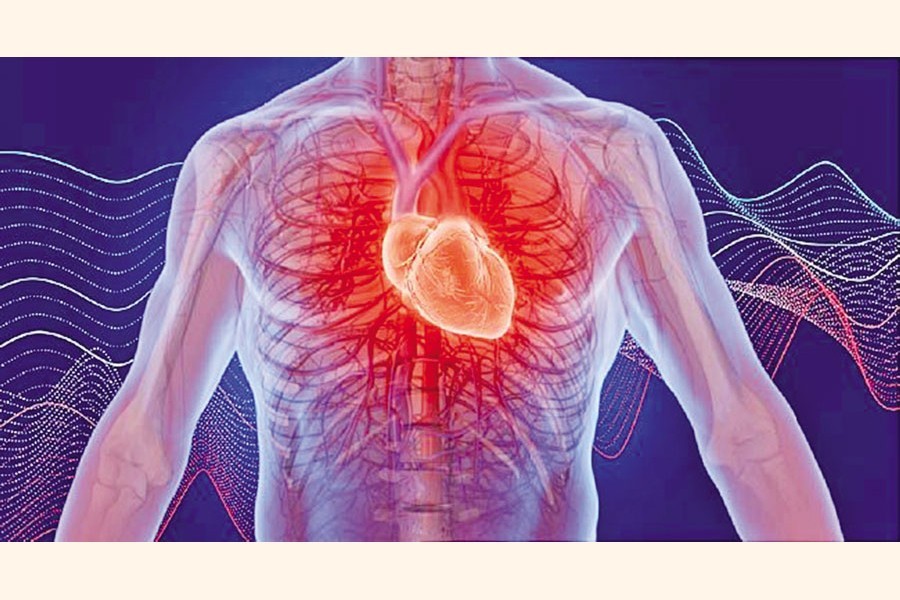Watched the World Cup Final? The see-saw battle kept all of us at the edge of our seats. But did you notice anything else? Were you able to hear your own heartbeats during the exciting contest? If so, then you were having palpitations.
Palpitation is a problem with the rhythm of our heart, causing irregularities in how the heart beats. This manifests as the heartbeat becoming noticeable, and we can feel the heart racing, pounding, thumping or fluttering.
Palpitation is common. Even healthy people can experience it occasionally. Caffeine or nicotine intake, for example, can cause this and is one of the top causes of palpitation in the modern world. There are others, too, like stress, strenuous exercise and, of course, anxiety. Palpitations also become more common as we age.
Anxiety is thought to be the most common cause of palpitations. Remember the example of the World Cup final? Many of us were anxious about the result, which kicked off our autonomic nervous system and made our heartbeats noticeable.
It could also be due to excessive excitement, which can trigger our nervous system enough to cause palpitations. Any stressful situation that gives rise to anxiety, e.g., public speaking, exam, job interview, travelling, or watching a movie, may also trigger palpitation. Usually, such palpitations come and go quickly.
Palpitation can also happen if the body is dehydrated or if the blood pressure or blood sugar falls. Fever is another reason for our heartbeats behaving weirdly. Sometimes it is related to more serious underlying conditions, like heart disease, anaemia, diabetes, thyroid disorder, etc.
How do we know if the palpitation is alarming or not? We should be mindful of what we were doing at that time or immediately before. Did the palpitation occur following an intense workout or during an exciting event? Generally, if the palpitation is brief and not associated with any history of cardiac problems in the family, there's little cause for concern. However, if there is a history of heart disease in the family and the palpitations continue for several minutes to hours, it is better to talk to a physician.
When we are having palpitations, we should try something relaxing. Such activities can help to normalise the heartbeat. This could be as simple as a cold-water splash to the face or pressing a cold water-soaked towel to the face or neck. Breathing exercises, meditation, yoga etc., can help us relax and alleviate palpitation.
Deep breathing, yoga, and meditation can help keep your focus on controlling your body and breathing, which helps regulate your heartbeat. To minimise the risk of it happening time and time again, we should limit our caffeine and nicotine intake. Some drugs can also cause palpitations, and physicians generally inform the patients before prescribing them.
There are certain things which, if they occur, indicate that we need to consult medical experts. For example, if the palpitation is getting worse or happening frequently, or lasts longer every time.
If someone has palpitations accompanied by breathlessness, chest heaviness/tightness or pain, confusion or dizziness, urgent medical help must be sought.


